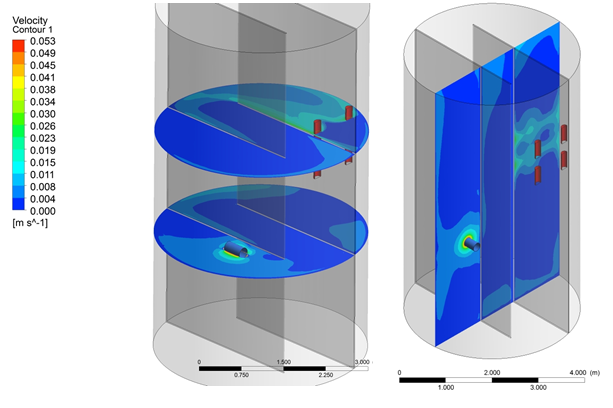Mathematics in Colombia
According to the data obtained from the education ministry, in 2016,
in Colombia around 283,500 (1) people graduated from the professional
university level (including undergraduate, specialization, masters and
doctorate). In Germany, a little over 556,800 people graduated that year
(2). Germany has approximately twice the population of Colombia, that
is to say that one professional graduates for every 145 inhabitants,
while in Colombia there are 169 inhabitants per graduate. The data in
China is of 200 inhabitants per graduate in local universities (not
counting those who graduate outside the country), which correspond to
approximately 7 million new professionals per year. The above data show
that Colombians have a good educational interest.
In contrast, the percentage of people who graduated in mathematics and
basic sciences in Colombia does not reach 4%, in Germany this indicator
is 13%, while China doubles Germany. In the same way Colombia obtained
390 points in the PISA mathematics area while Germany obtained a little
over 500 points.
t is easy to see that in Colombia at a professional level mathematics
has little field of action, how many mathematicians does have the
company where you have your job?
Why do China and Germany want to have so many mathematicians?
The answer seems simple, the things they produce require deep knowledge of the pure sciences. Taking into account the present and future relevance of China in the global context, it would be good to pay attention to this data.
For the engineers, if we want to insert ourselves into the world as professionals, it suits us to stay educated, improve our level in mathematics and in everything that is part of the development area that we chose.
Our activity is the development of computational mechanics models to simulate processes, parts or phenomena. To be useful, we need a knowledge in mathematics applied to engineering.

In your activity you may require another type of knowledge in basic sciences such as statistics, physics, chemistry, genetics or you may need another type of new knowledge to start a business or provide professional services internationally. Whatever your case, you can always consider using free online courses where you can find offers from top universities or people who want to share their knowledge. You can see some offers in the following links.
1. https://courses.edx.org/courses/, 2. http://catc.unal.edu.co/cursos/cursos-autoestudio, https://www.coursera.org/ 3. https://www.learnpython.org/es/ 4. ttps://www.nacion321.com/educacion/10-cursos-gratis-que-ofrece-la-unam-en-linea-y-en-el-mes-de-mayo, 5. https://courses.edx.org/courses/, http://catc.unal.edu.co/cursos/cursos-autoestudio
(1) https://www.mineducacion.gov.co/sistemasinfo/Informacion-a-la-mano/212400:Estadisticas
(2) https://ec.europa.eu/eurostat/statistics-explained/index.php/Tertiary_education_statistics#Graduates


